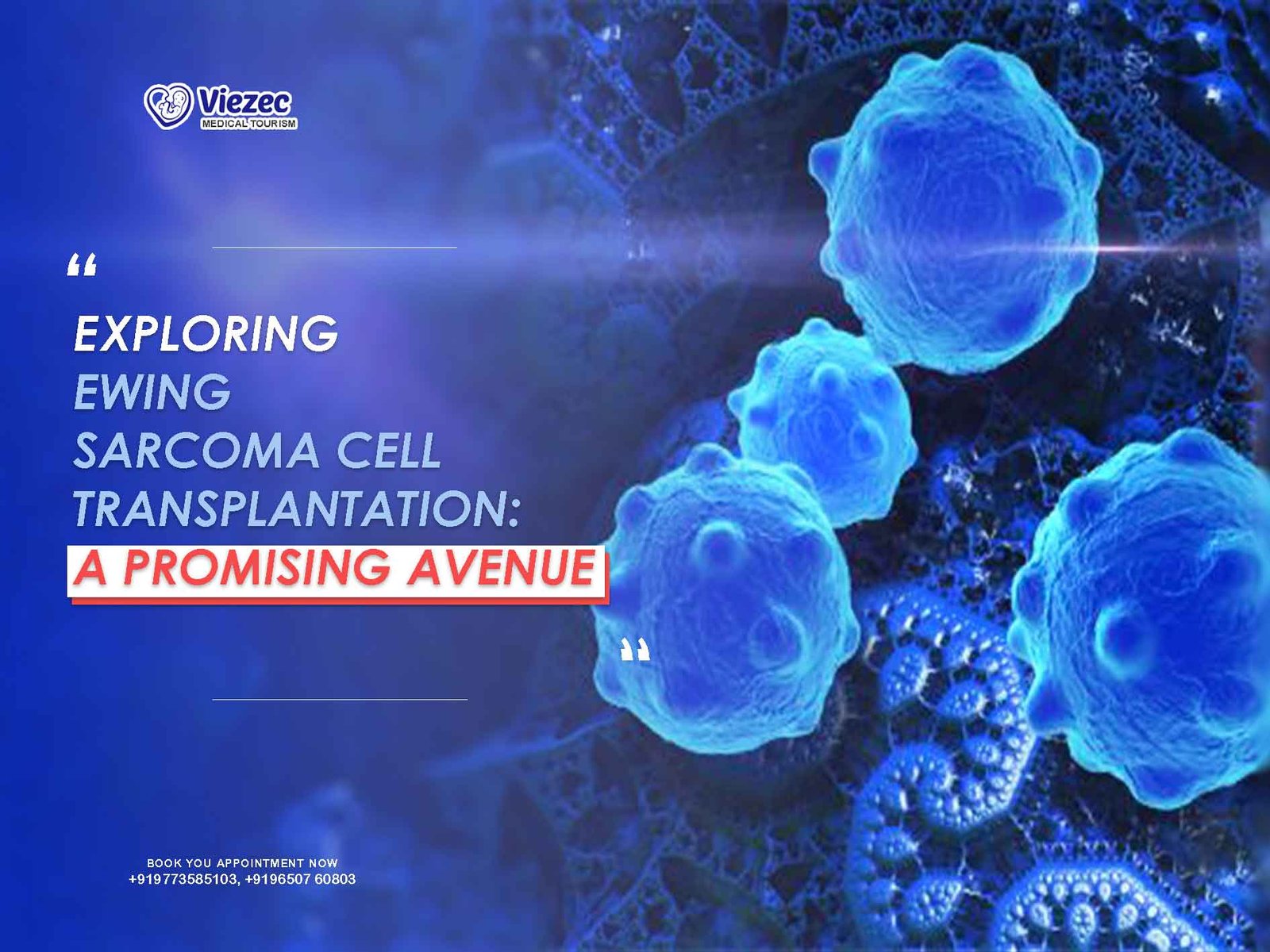Stem cell therapy has emerged as a promising avenue for treating various conditions, including kidney diseases. The unique ability of stem cells to regenerate and repair damaged tissues offers hope for patients facing chronic kidney conditions that traditional treatments struggle to manage effectively. This article explores the potential of stem cells in treating kidney diseases, examining their mechanisms, sources, clinical applications, ethical considerations, safety concerns, and comparative analysis with conventional therapies.
Introduction to Stem Cells and Kidney Disease
A. Understanding Stem Cells
Stem cells are undifferentiated cells capable of transforming into specialized cell types in the body. They possess the remarkable potential to repair and regenerate tissues damaged by injury or disease. In the context of kidney diseases, stem cells hold promise due to their ability to differentiate into renal cells, contributing to tissue repair and functional restoration.
B. Types of Kidney Diseases Benefiting from Stem Cell Therapy
Various kidney diseases, such as chronic kidney disease (CKD), diabetic nephropathy, and acute kidney injury (AKI), can potentially benefit from stem cell therapy. These conditions involve damage to kidney tissues, impairing their filtration and regulatory functions. Stem cell treatments aim to mitigate this damage and improve overall kidney function and health.
C. Importance of Research in Stem Cell Therapy for Kidney Diseases
Research into stem cell therapy for kidney diseases is crucial for advancing treatment options beyond traditional approaches. It offers the possibility of not only halting disease progression but also reversing damage, potentially reducing the need for dialysis or transplantation in some patients.
Mechanisms of Stem Cell Therapy in Kidney Repair
A. Regeneration of Kidney Tissues
Stem cells can differentiate into specialized renal cells, including podocytes, tubular epithelial cells, and mesangial cells, which are essential for kidney function. This regeneration process helps replace damaged cells and restore renal structure and function.
B. Modulation of Immune Response
In kidney diseases where immune dysfunction exacerbates tissue damage, stem cells can modulate immune responses. They release factors that suppress inflammation and promote a regenerative environment, reducing immune-mediated injury to kidney tissues.
C. Anti-inflammatory Effects of Stem Cells
Chronic inflammation is a hallmark of many kidney diseases. Stem cells possess anti-inflammatory properties through the secretion of cytokines and growth factors, which not only protect existing cells but also foster an environment conducive to healing and regeneration.
Sources of Stem Cells for Kidney Disease Treatment
A. Adult Stem Cells
Adult stem cells are found in various tissues throughout the body and can be harvested from:
- Bone Marrow-derived Stem Cells Bone marrow is a rich source of hematopoietic and mesenchymal stem cells. These cells have shown potential in clinical trials for kidney diseases, particularly in promoting tissue repair and reducing inflammation.
- Adipose Tissue-derived Stem Cells Adipose tissue provides a readily accessible source of mesenchymal stem cells. These cells have similar regenerative capabilities to bone marrow-derived stem cells and are being investigated for their therapeutic potential in kidney diseases.
B. Embryonic Stem Cells
Embryonic stem cells are pluripotent cells derived from embryos. Their ability to differentiate into any cell type in the body makes them a theoretically robust option for kidney regeneration. However, ethical concerns and technical challenges have limited their clinical application.
C. Induced Pluripotent Stem Cells (iPSCs)
iPSCs are adult cells reprogrammed to a pluripotent state, mimicking embryonic stem cells’ characteristics. They offer the advantage of patient-specific therapies without the ethical issues associated with embryonic stem cells, although their use in kidney disease treatment is still in early stages of research.
Clinical Applications and Case Studies
A. Current Clinical Trials Using Stem Cells for Kidney Disease
Numerous clinical trials are underway to evaluate the safety and efficacy of stem cell therapies for kidney diseases. These trials explore different sources of stem cells, delivery methods, and patient outcomes, providing valuable data on the feasibility and potential benefits of this innovative treatment approach.
B. Success Stories and Challenges in Treatment
While some patients have shown promising responses to stem cell therapy, challenges such as variability in treatment outcomes, optimal dosing, and long-term effects remain. Success stories underscore the potential of stem cells to improve quality of life and reduce disease burden in affected individuals.
C. Future Prospects and Predictions
The future of stem cell therapy for kidney diseases looks promising with ongoing advancements in stem cell biology, tissue engineering, and regenerative medicine. As research continues to elucidate the mechanisms and refine therapeutic strategies, the integration of stem cell therapies into standard clinical practice may become a reality.
Ethical Considerations and Regulatory Framework
A. Ethical Issues Surrounding Stem Cell Therapy
The ethical debate surrounding stem cell therapy primarily concerns the use of embryonic stem cells and the creation and use of iPSCs. Ethical guidelines aim to balance scientific progress with respect for human embryos and patients’ rights, ensuring that research and clinical applications are conducted ethically and responsibly.
B. Global Regulatory Policies and Guidelines
Regulatory agencies worldwide oversee the development and implementation of stem cell therapies, ensuring safety, efficacy, and ethical standards are upheld. Harmonizing regulatory policies is essential to facilitate global collaboration and accelerate the translation of stem cell research into clinical practice.
C. Patient Rights and Informed Consent
Informed consent is crucial in stem cell therapy, ensuring that patients understand the risks, benefits, and alternatives before participating in clinical trials or receiving treatment. Protecting patient rights, including privacy and autonomy, is fundamental in the ethical practice of stem cell research and therapy.
Comparative Analysis with Traditional Treatments
A. Conventional Treatments for Kidney Disease
Traditional treatments for kidney diseases include medications to manage symptoms, dietary modifications, dialysis, and kidney transplantation. While these approaches are effective in many cases, they may not address underlying tissue damage or provide long-term solutions for all patients.
B. Advantages and Disadvantages of Stem Cell Therapy
Stem cell therapy offers several advantages over traditional treatments, including potential tissue regeneration, reduced dependence on dialysis or transplantation, and personalized medicine approaches with iPSCs. However, challenges such as variable efficacy, safety concerns, and high costs need to be addressed through ongoing research and clinical trials.
C. Integration of Stem Cell Therapy with Existing Treatments
The integration of stem cell therapy with existing treatments holds promise for enhancing patient outcomes in kidney diseases. Combining regenerative approaches with current therapies may synergistically improve kidney function, reduce complications, and prolong transplant survival, representing a paradigm shift in nephrology.
Safety and Long-Term Effects of Stem Cell Therapy
A. Risks Associated with Stem Cell Treatments
Potential risks of stem cell therapy include immune rejection, tumor formation, and unintended differentiation into inappropriate cell types. Rigorous preclinical and clinical studies are essential to mitigate these risks and ensure the safety of patients undergoing stem cell treatments.
B. Monitoring and Follow-Up Protocols
Comprehensive monitoring and follow-up protocols are critical in assessing the efficacy and safety of stem cell therapies for kidney diseases. Regular evaluations of renal function, imaging studies, and biomarker assessments help track disease progression, treatment responses, and any adverse effects over time.
C. Long-term Outcomes and Patient Quality of Life
Long-term studies are needed to evaluate the durability and sustainability of benefits from stem cell therapy in kidney diseases. Improvements in renal function, reduction in symptoms, and enhanced quality of life are primary goals, highlighting the potential of stem cells to transform care for patients with chronic and acute kidney conditions.
Frequently Asked Questions
Are stem cell therapies for kidney diseases safe?
Stem cell therapies undergo rigorous testing to ensure safety before clinical use. Monitoring and follow-up protocols are in place to assess long-term effects and mitigate potential risks.
Can stem cells replace kidney transplants?
While stem cells show promise in kidney regeneration, they are not yet a substitute for kidney transplantation. Research is ongoing to optimize their efficacy and address challenges in clinical application.
What are the ethical concerns with using stem cells for kidney disease treatment?
Ethical concerns primarily revolve around the use of embryonic stem cells and the creation of iPSCs. Guidelines ensure that research and clinical practices adhere to ethical standards and respect patient rights.
How can I participate in clinical trials for stem cell therapy in kidney diseases?
Participation in clinical trials typically requires consultation with healthcare providers and meeting specific eligibility criteria. Researchers and healthcare teams can provide information on ongoing trials and enrollment processes.
To learn more about the latest advancements in stem cell therapy for kidney diseases and ongoing clinical trials, visit our website or consult with a healthcare provider specializing in nephrology and regenerative medicine. Stay informed about the potential of stem cells to transform the treatment landscape for kidney diseases.











